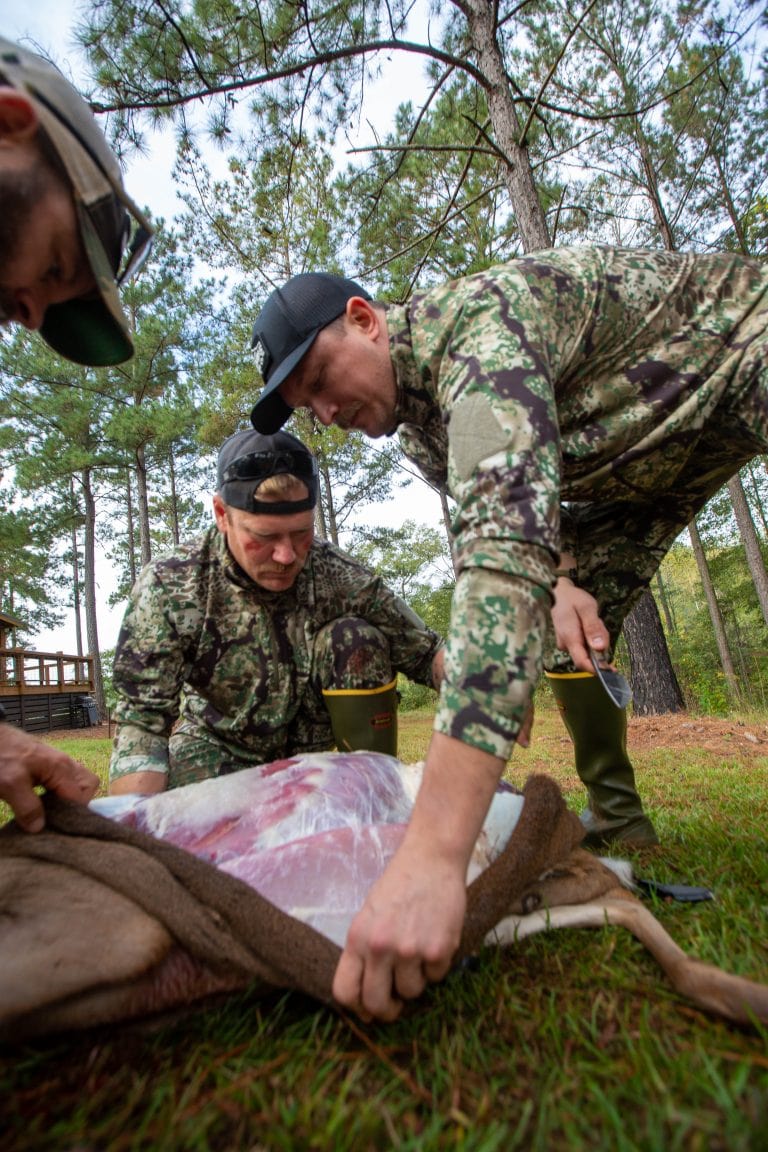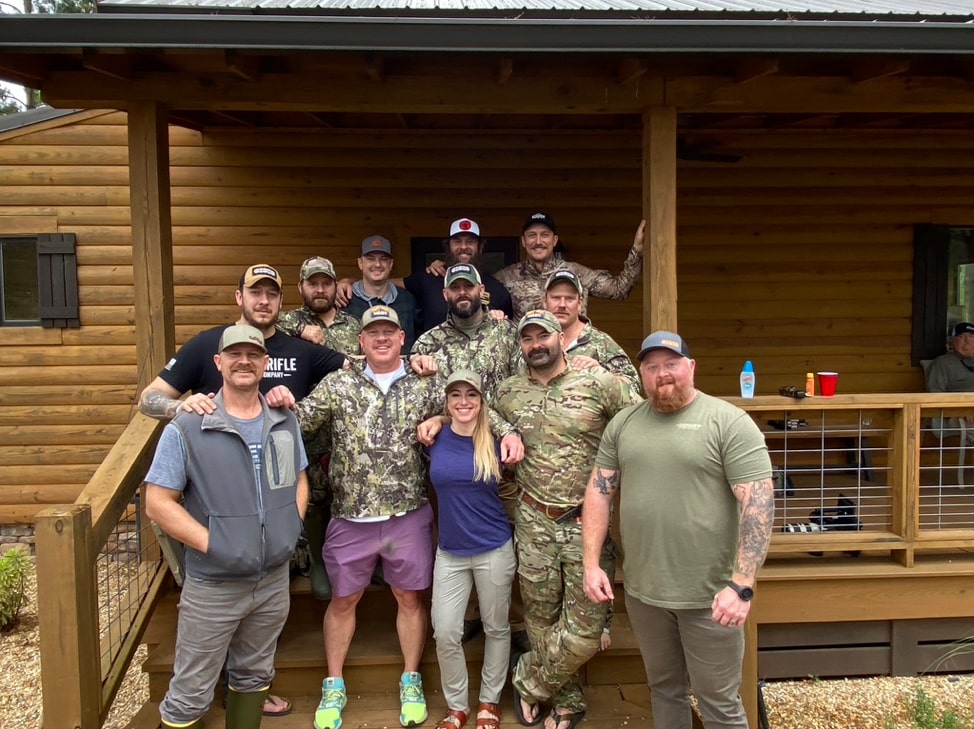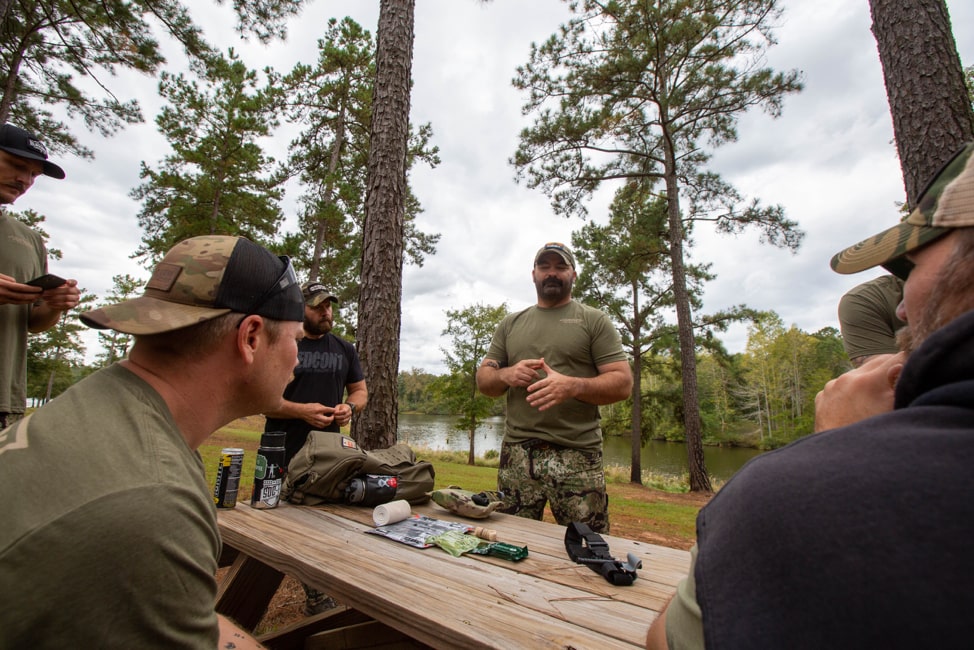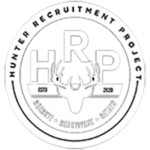WHY HRP?
Mentor/mentee relationships
In our program, each new hunter is paired with a mentor. While sitting in the stand mornings and evenings, the mentor and student have plenty of time to discuss all the new hunter questions, while also going over the fundamentals of how deer move and, ultimately, when and how to take the shot. When not in the stand, we have tailored group activities like rifle and scope setup, long-range shooting, and animal processing that teach hunting, shooting, and game prep skills. Every HRP weekend is different, depending on the mentors and where their expertise lies.


Adult focused
Another thing that separates us from many other programs aimed at hunter recruitment is that we focus on adults. Adults have discretionary income, their own transportation, and, most importantly, the authority in their lives to decide how they want to live. As new hunters in their 20s and 30s begin their own families, the exponential effect can further help develop new hunters across the country.
outdoor skills
HRP events are packed with broadening activities such as Tactical Combat Casualty Care, taught that first weekend by Tyr Symank, the charitable giving manager at Black Rifle Coffee Company and a former US Army Special Forces medic. These skills can be lifesaving in the event of an accident when you’re spending time outside with guns, sharp objects, and in a deer stand 20-plus feet off the ground.
We also hosted a class on breaking down the game and cooking a deer ham over coals. Michael Hyle, a retired professional baseball player who has spent the majority of deer season in a tree during the last 20 years, gave lessons on how to hang a lock-on stand safely. Terry Houin, a retired sniper with the US Navy SEALs, taught a section on shooting.

F.A.Q.
Most Asked Questions
Click here to see our online application
